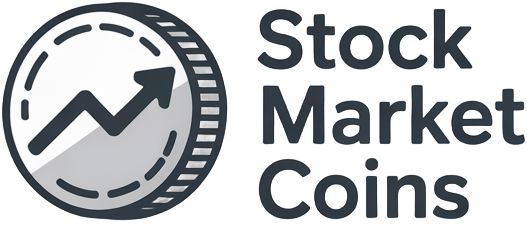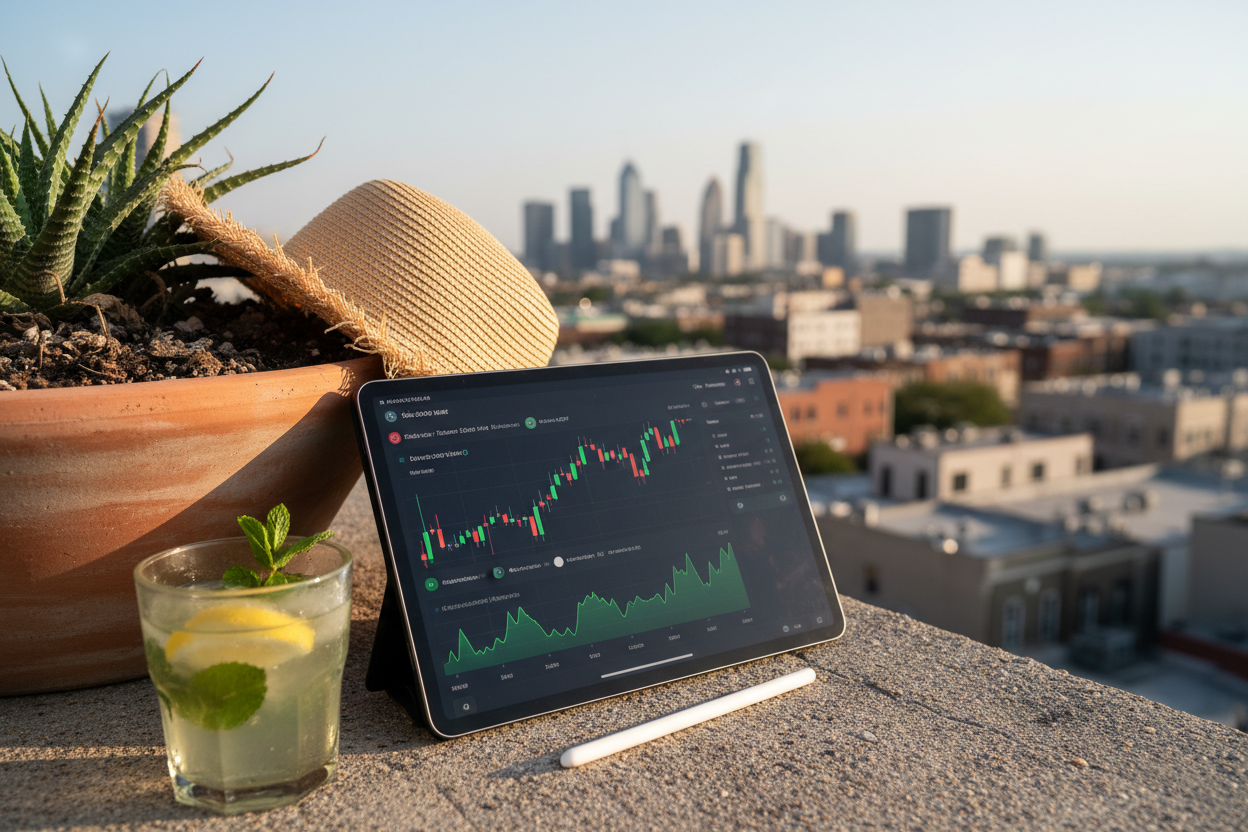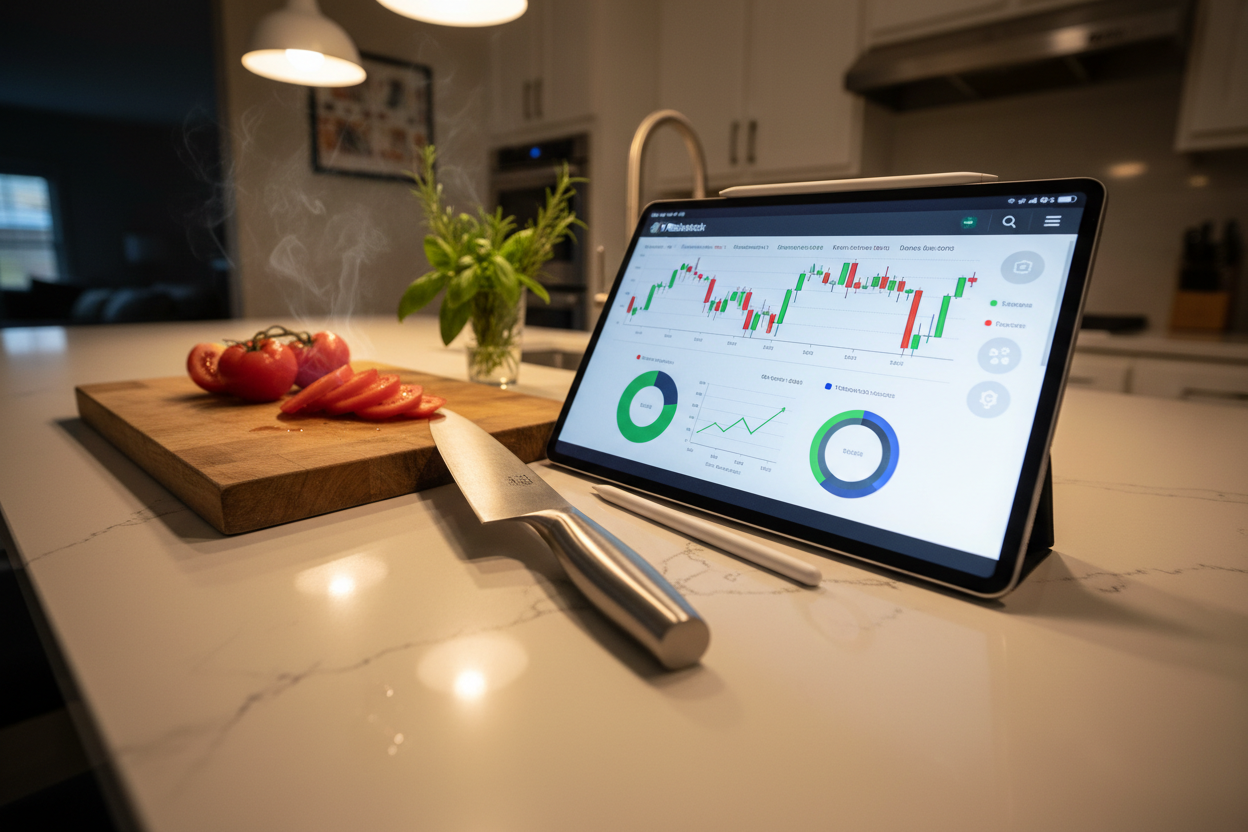How Tokenized U.S. Stocks are Bridging CeFi and DeFi in 2024
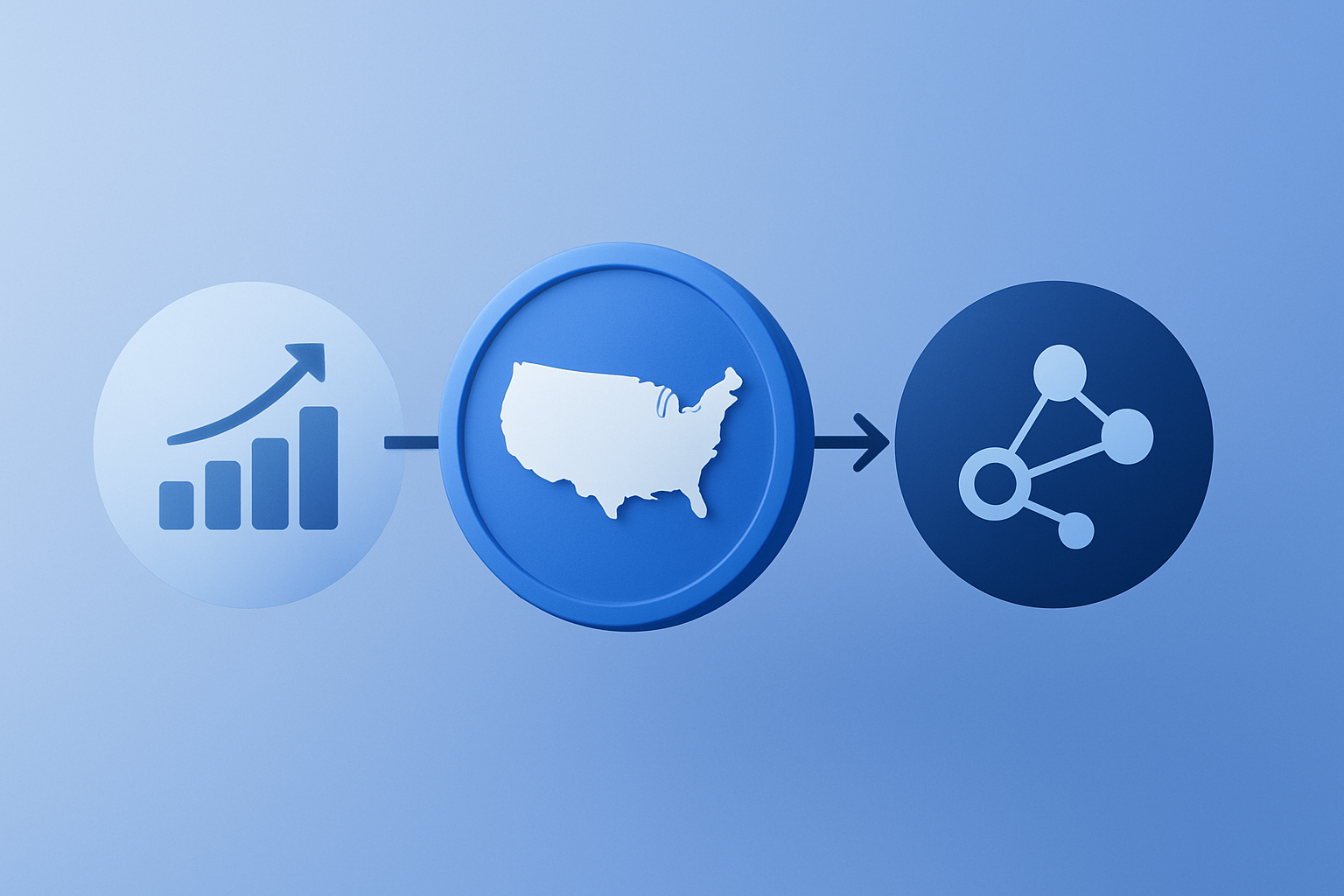
As we move through 2024, the financial world is experiencing a profound shift in how investors access and interact with U. S. equities. The rise of tokenized U. S. stocks is not just a technical novelty, it’s a bridge fundamentally connecting the established world of centralized finance (CeFi) with the programmable, borderless potential of decentralized finance (DeFi). This convergence is redefining what it means to own and trade stocks, and it’s happening at breakneck speed.
Tokenized U. S. Stocks: Unlocking 24/7 Market Access
The core value proposition of blockchain-based equities lies in their ability to offer 24/7 stock trading, far beyond the constraints of traditional market hours. In 2024, platforms like Kraken and Backed Finance have expanded tokenized stock offerings to major blockchains such as Ethereum and Solana, allowing investors to trade shares of Apple, Tesla, Nvidia, and even ETFs around the clock. This always-on accessibility is already attracting a new demographic of global investors who demand flexibility and real-time settlement.

Swarm’s collaboration with Hedera Foundation exemplifies this trend by enabling on-chain access to blue-chip U. S. equities, complete with instant settlement. Meanwhile, Backed Finance has brought tokenized stocks to Bybit, Kraken, and Solana DeFi protocols, further blurring the lines between CeFi and DeFi ecosystems.
From Centralized Gatekeepers to Decentralized Participation
Traditionally, access to U. S. equities has been mediated by regulated brokers operating within strict trading windows. Tokenization disrupts this model by issuing on-chain representations of stocks that are transferable peer-to-peer, subject to regulatory compliance, across borders and time zones.
Key Benefits of Tokenized U.S. Stocks in 2024
-
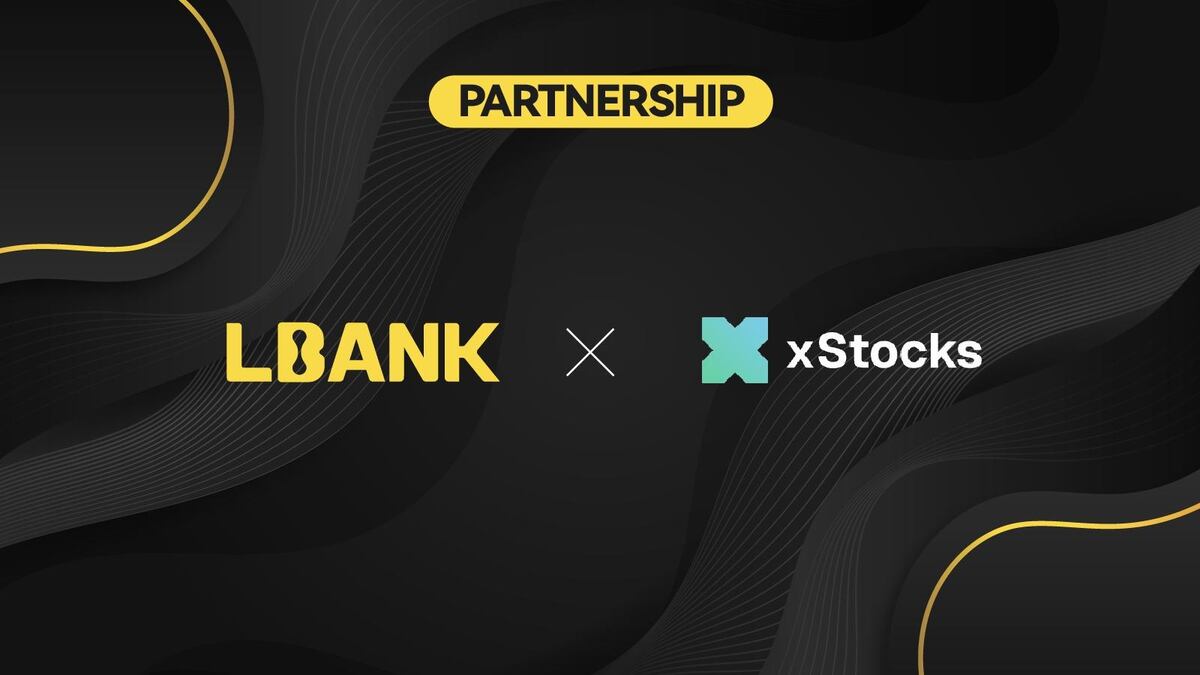
24/7 Trading Access: Tokenized stocks enable round-the-clock trading of major U.S. equities like Apple, Tesla, and Nvidia on platforms such as Kraken, Backed Finance, and Ondo Finance, breaking free from traditional market hours.
-

Global Accessibility: Investors worldwide (where permitted) can access U.S. equities via decentralized platforms like Solana, Ethereum, and Hedera, bypassing many regional restrictions and intermediaries.
-
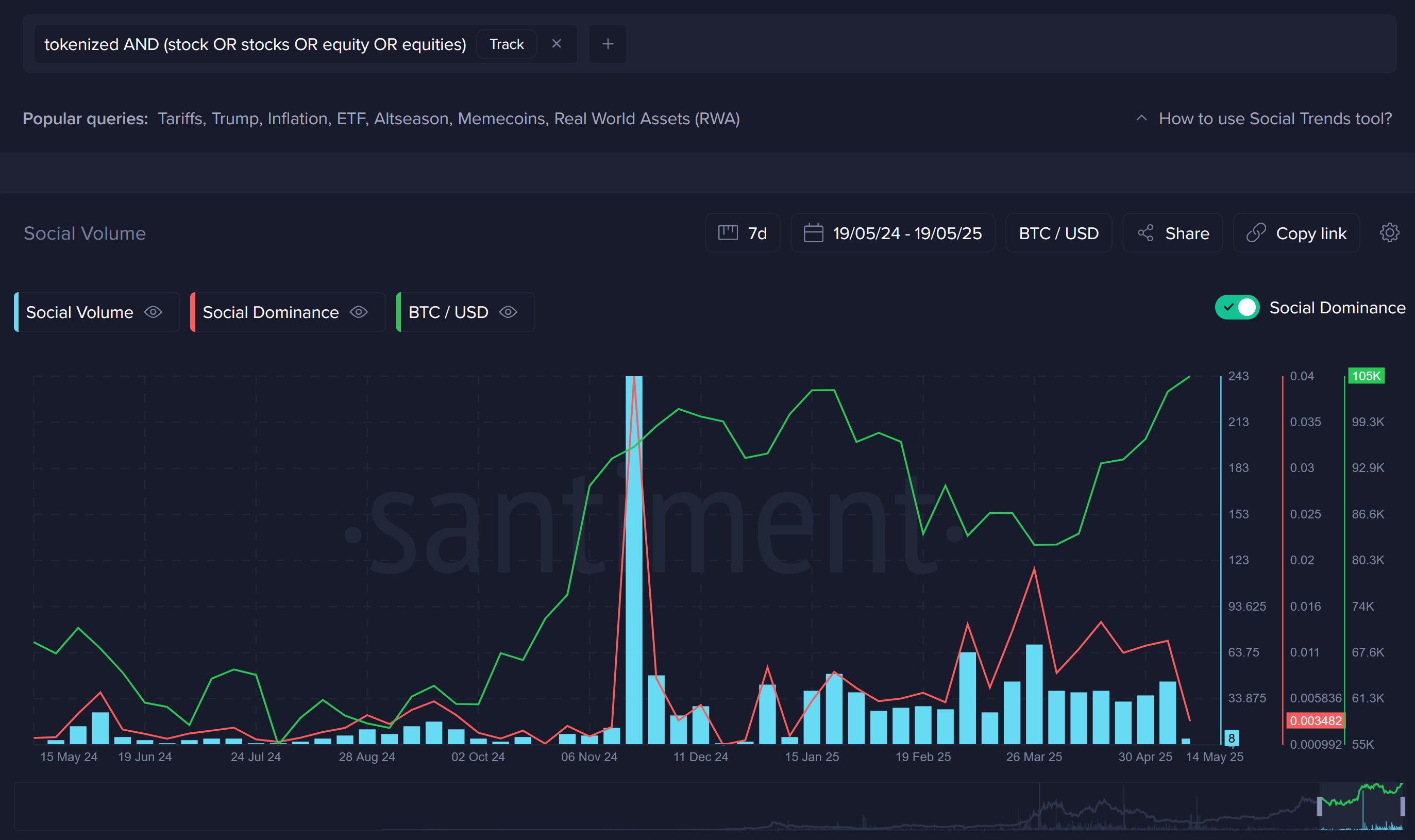
Fractional Ownership: Tokenization allows users to purchase fractions of high-value stocks, democratizing investment and lowering the barrier to entry for retail investors.
-
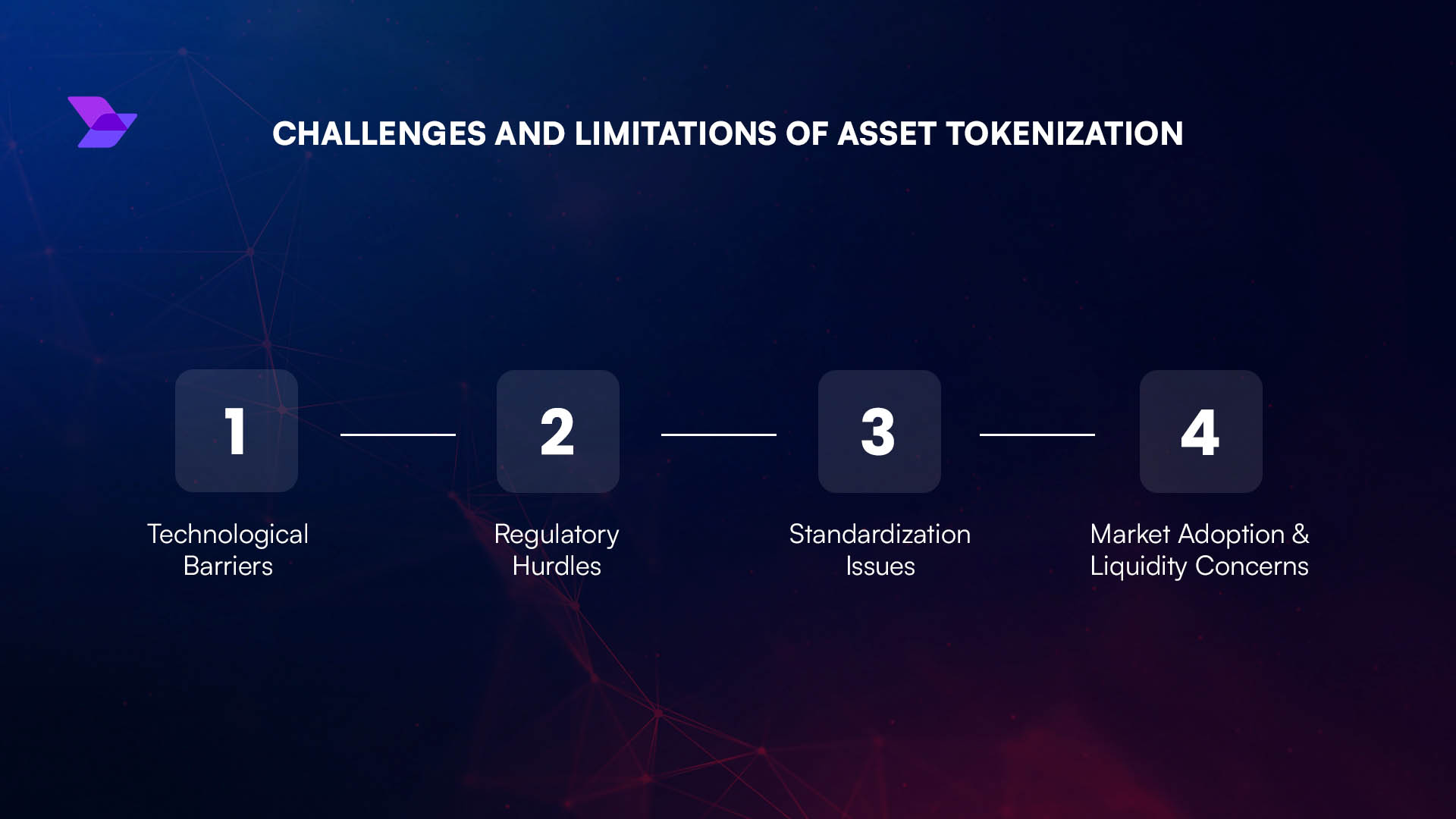
Deep Liquidity and Peer-to-Peer Transfers: Platforms such as Backed Finance and Ondo Finance facilitate deep liquidity pools and peer-to-peer transfers, enhancing market efficiency and reducing spreads.
-
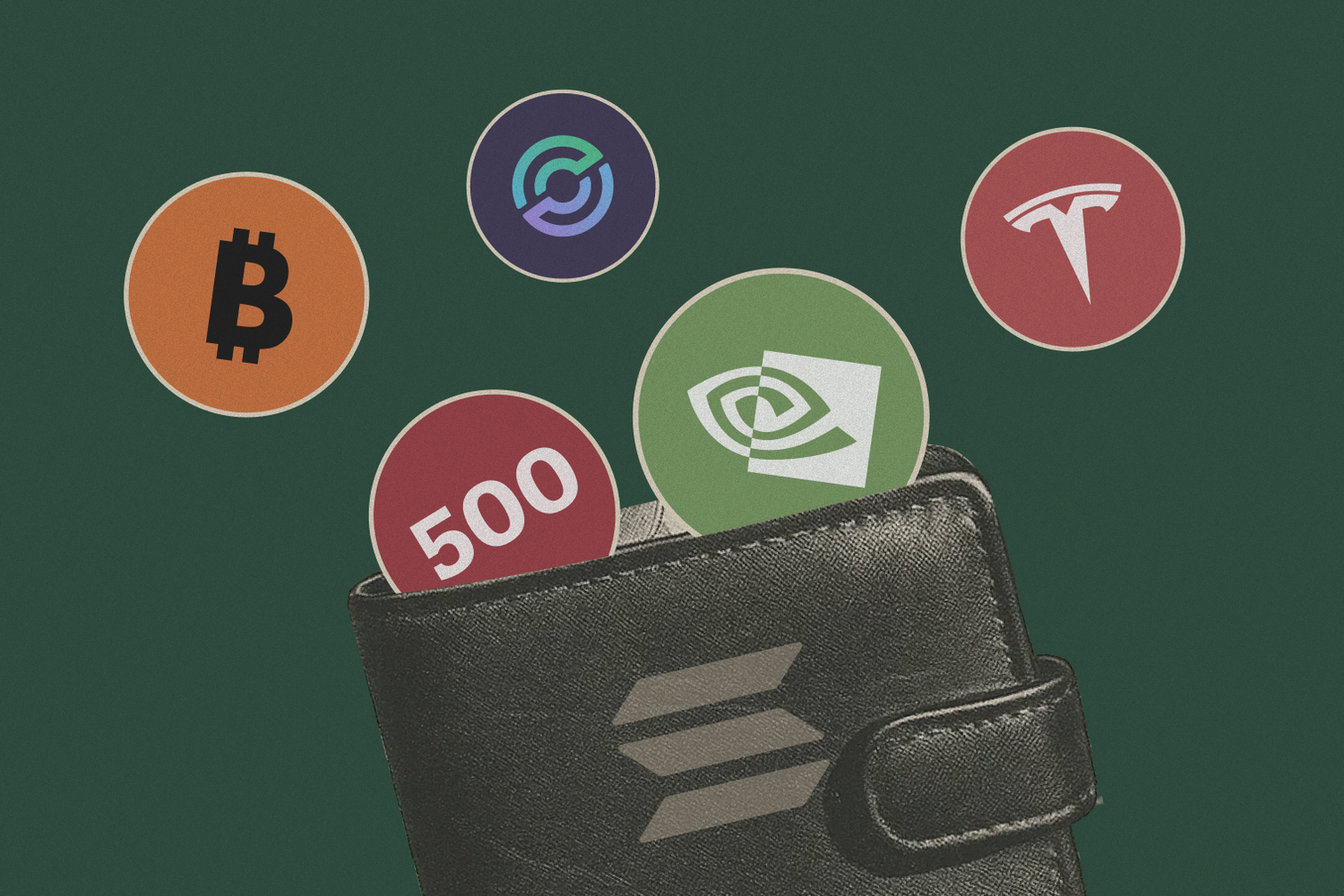
Integration with DeFi Ecosystem: Tokenized stocks can be used in DeFi protocols for lending, borrowing, and yield generation, as seen on platforms like Swarm and Ondo Finance, expanding the utility of traditional equities.
-
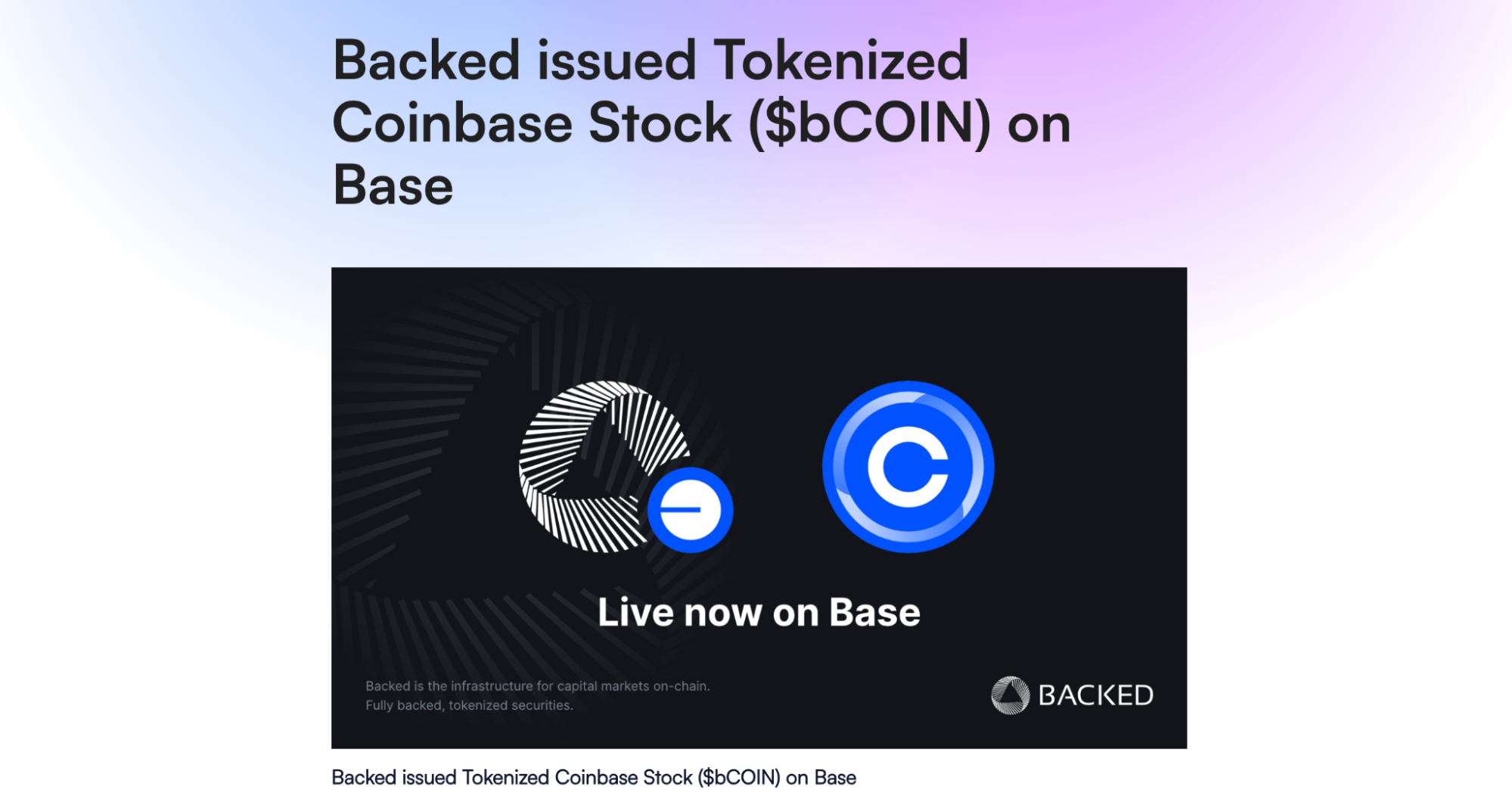
Enhanced Security and Compliance: With improved DeFi security protocols and the involvement of regulated entities like Securitize, Inc., tokenized stocks in 2024 benefit from reduced hack incidents and robust KYC/AML compliance.
This democratization is particularly evident in the surge of global demand for real-world assets (RWAs) on blockchain platforms. By September 2025, the market capitalization for tokenized U. S. stocks reached approximately $370 million, marking an explosive 220% increase from just a month prior (source). Such rapid growth draws strong parallels with early DeFi summer cycles, only now it’s powered by tangible equity exposure rather than purely speculative tokens.
The Mechanics: How On-Chain Equities Bridge CeFi vs DeFi
The technical foundation for bridging CeFi and DeFi lies in how these digital assets are structured:
- CeFi Integration: Platforms like Kraken custody real shares or derivatives off-chain while issuing corresponding tokens on public blockchains for user trading.
- DeFi Enablement: These tokens can be used as collateral for lending or yield farming within DeFi protocols, unlocking new capital efficiency for stockholders.
- Regulatory Safeguards: Projects such as Securitize ensure KYC/AML compliance at both issuance and transfer levels (learn more), helping legitimize tokenized securities for institutional adoption.
- Improved Security: In 2024, losses from DeFi hacks fell by 40% thanks to better smart contract protocols and stronger cross-chain bridges (details here). This builds investor confidence in using on-chain assets as part of diversified portfolios.
This seamless integration means that investors can now lend their Apple or Tesla tokens directly within a DeFi protocol or swap them instantly for stablecoins, actions that were unimaginable within legacy brokerage accounts just a year ago.
A New Era: Institutional Momentum Meets Retail Innovation
The current wave isn’t just about retail traders seeking flexibility; institutional players are also entering the fray. Nasdaq’s move toward enabling fungible tokenized securities, with identical CUSIP numbers and shareholder rights, signals growing mainstream acceptance. Meanwhile, companies like Ondo Finance have listed over 100 tokenized U. S. stocks exclusively for non-U. S. investors due to ongoing regulatory restrictions, but their model demonstrates how global demand is being met outside traditional channels.
This surge in activity lays crucial groundwork for further innovation in both primary issuance (such as pre-IPO shares coming on-chain) and secondary liquidity solutions that transcend conventional market boundaries.
What stands out in 2024 is the rapid pace at which tokenized U. S. stocks are becoming an integral part of both CeFi and DeFi portfolios. The appeal is clear: these assets offer fractional ownership, real-time settlement, and programmable utility, all while maintaining a verifiable link to the underlying equity. As platforms like Bybit and Robinhood gradually introduce tokenized shares of high-profile companies, including pre-IPO giants like OpenAI and SpaceX, investors are no longer restricted by geography or traditional market hours.
Challenges and Considerations: Regulatory Hurdles and Market Evolution
Despite the momentum, regulatory clarity remains a critical challenge. While non-U. S. investors have broad access to on-chain equities, U. S. -based participants face restrictions due to current securities laws. This regulatory gap creates a fragmented landscape where innovation races ahead of compliance frameworks, but it also signals that global regulators will need to adapt quickly as adoption accelerates.
Security is another area under constant scrutiny. Although 2024 saw a 40% reduction in DeFi-related losses, a testament to improved smart contract design and robust cross-chain bridges, vigilance remains essential as more value migrates on-chain (source). Investors should prioritize platforms with rigorous audits, transparent collateralization models, and strong track records for compliance.
Looking Ahead: The Future of On-Chain Equities
The surge in tokenized U. S. stocks, reflected by the $370 million market capitalization as of September 2025, demonstrates that demand for accessible, liquid real-world assets on blockchain rails is not just a passing trend (Cointelegraph). As institutional custodians collaborate with DeFi innovators, expect further advances: seamless interoperability between chains, deeper liquidity pools for synthetic equities, and eventual regulatory harmonization that will open doors for U. S. -based retail participation.
Key Trends Shaping Tokenized U.S. Stocks in 2025
-
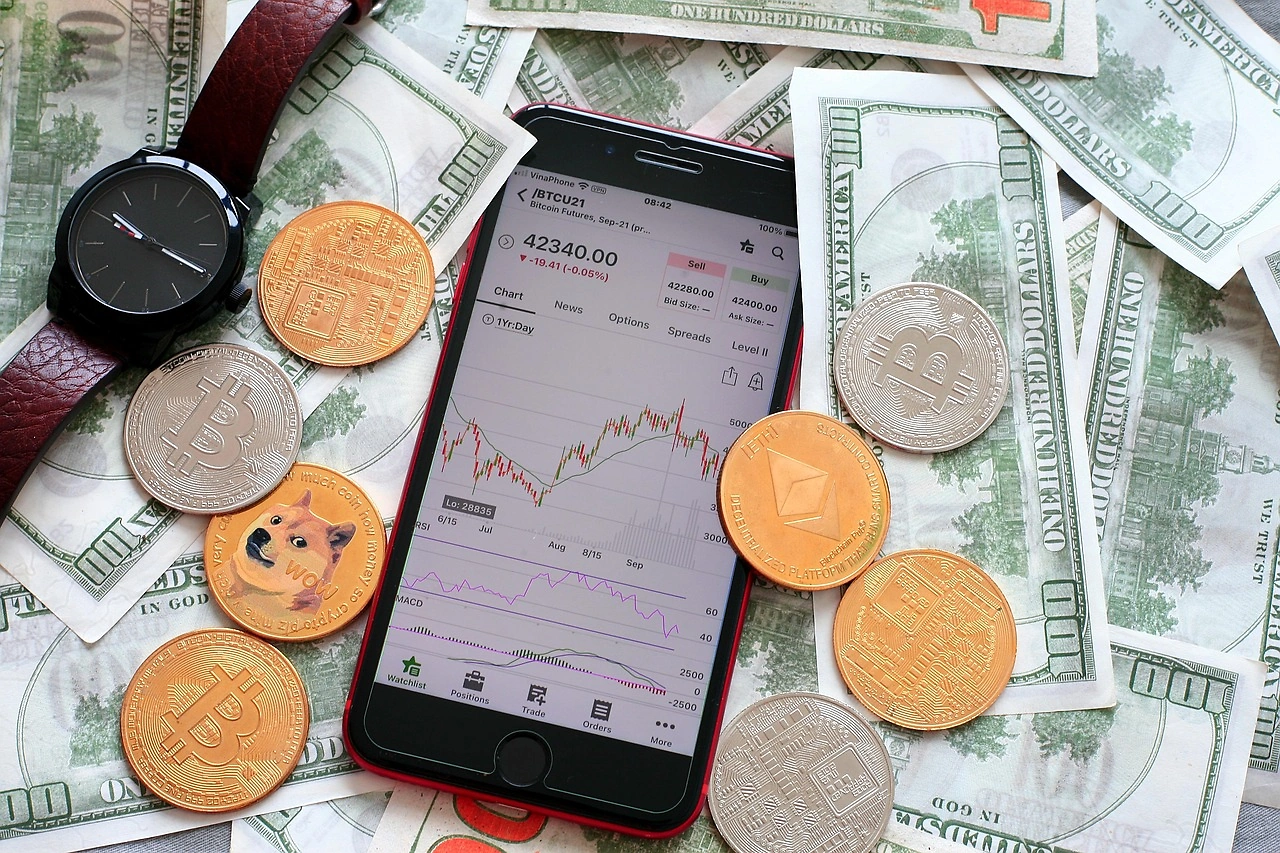
24/7 Trading Across Multiple Blockchains: Platforms like Kraken and Backed Finance have enabled round-the-clock trading of major equities (e.g., Apple, Tesla, Nvidia) on blockchains such as Ethereum and Solana, eliminating traditional market hour restrictions.
-
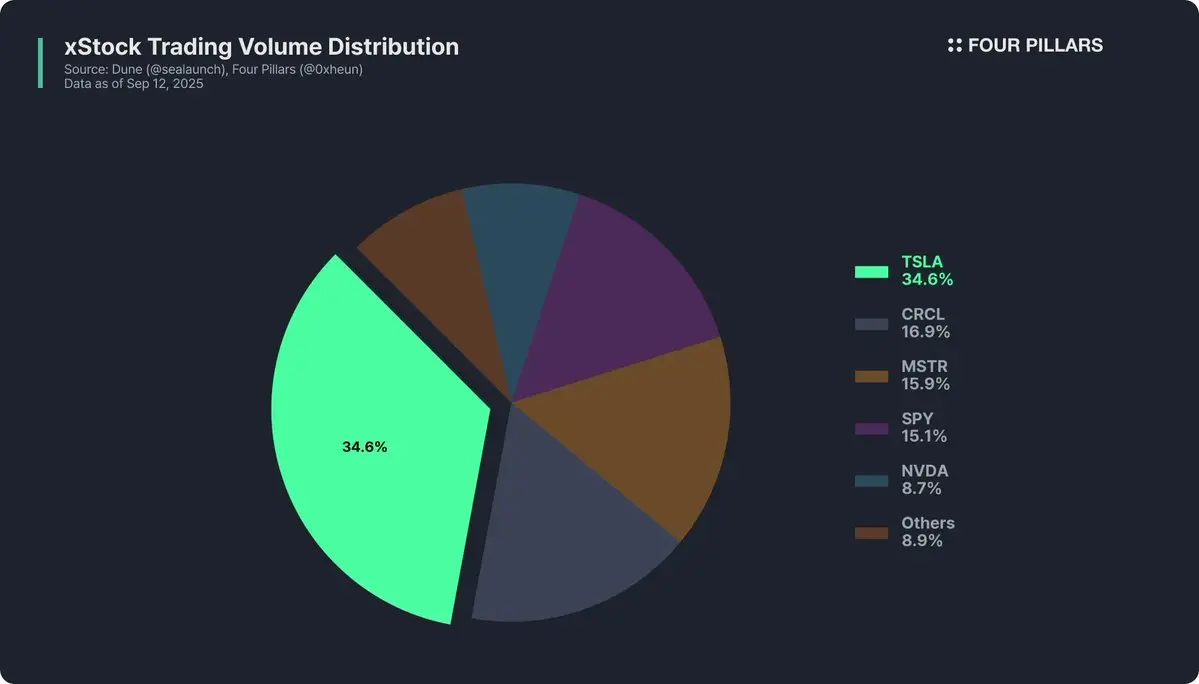
Rapid Market Growth and Institutional Adoption: The market capitalization of tokenized U.S. stocks surged to $370 million by mid-2025, a 220% monthly increase, driven by institutional players like Bybit, Kraken, and Backed Finance expanding offerings and liquidity.
-

Integration with DeFi Platforms: DeFi protocols such as Ondo Finance and Swarm now offer tokenized stocks, enabling decentralized lending, borrowing, and yield generation using real-world assets, and providing global, peer-to-peer access to U.S. equities.
-

Enhanced Regulatory Compliance and Security: Companies like Securitize, Inc. are leading in regulatory-compliant tokenization, incorporating KYC/AML standards. Meanwhile, improved DeFi security protocols have reduced hack-related losses by 40% in 2024, boosting investor confidence.
-
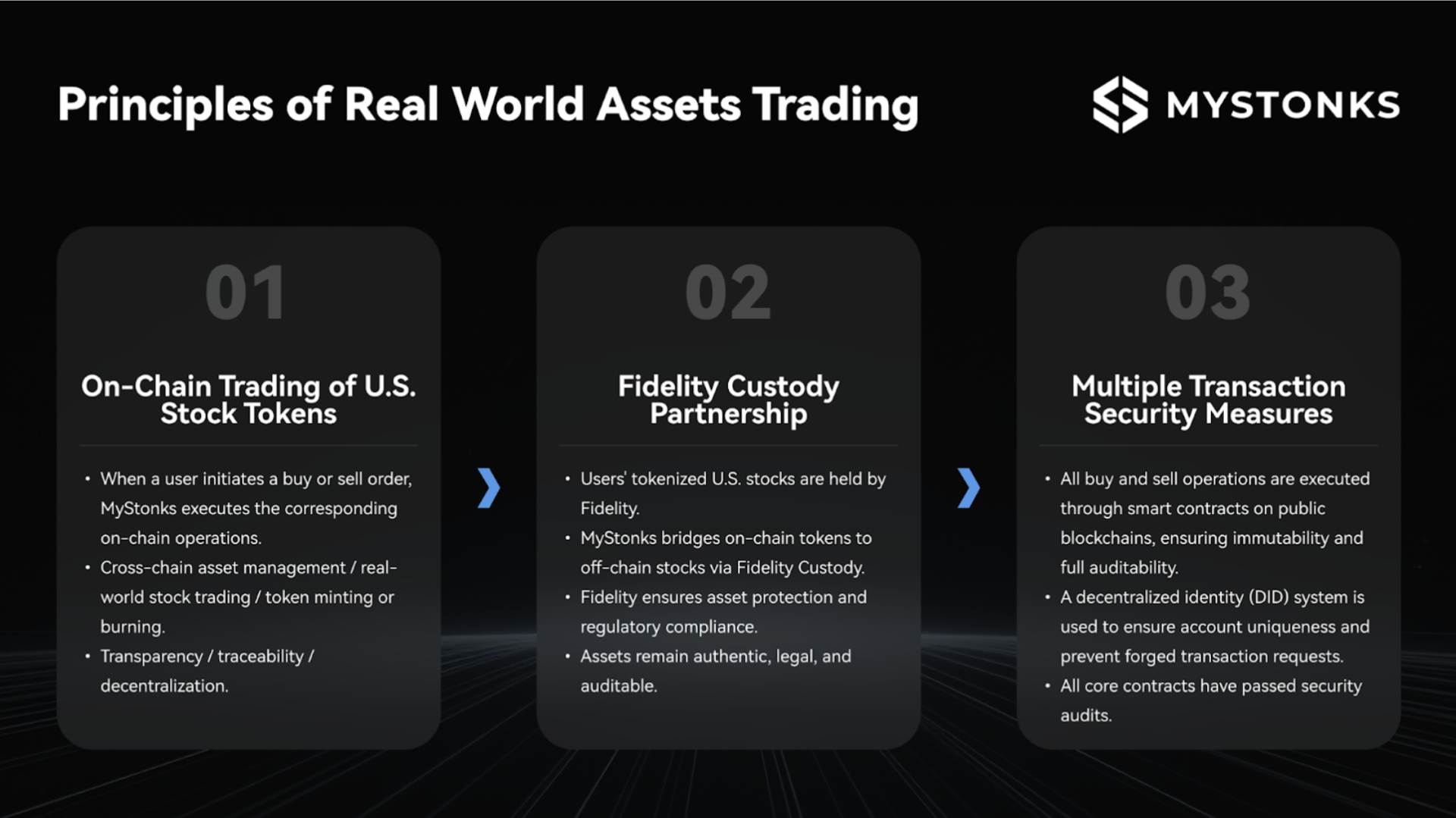
Fractional Ownership and Democratized Access: Tokenization allows investors to buy fractions of high-value stocks, lowering barriers to entry and enabling broader participation in U.S. equities through both centralized and decentralized platforms.
The next phase could see entire IPOs launched simultaneously on Nasdaq and public blockchains, a development already hinted at by moves from companies like Upexi. Such dual listings will fundamentally alter capital formation, transparency, and shareholder engagement.
For investors navigating this evolving landscape, staying informed about the intersection of CeFi vs DeFi is paramount. Tokenized equities are not merely a new trading instrument; they represent a structural transformation of global capital markets with profound implications for access, liquidity, and investor rights.
Key Takeaway: The convergence of CeFi’s trust infrastructure with DeFi’s programmability is creating a new paradigm for stock ownership, one where markets never sleep and opportunity knows no borders.
